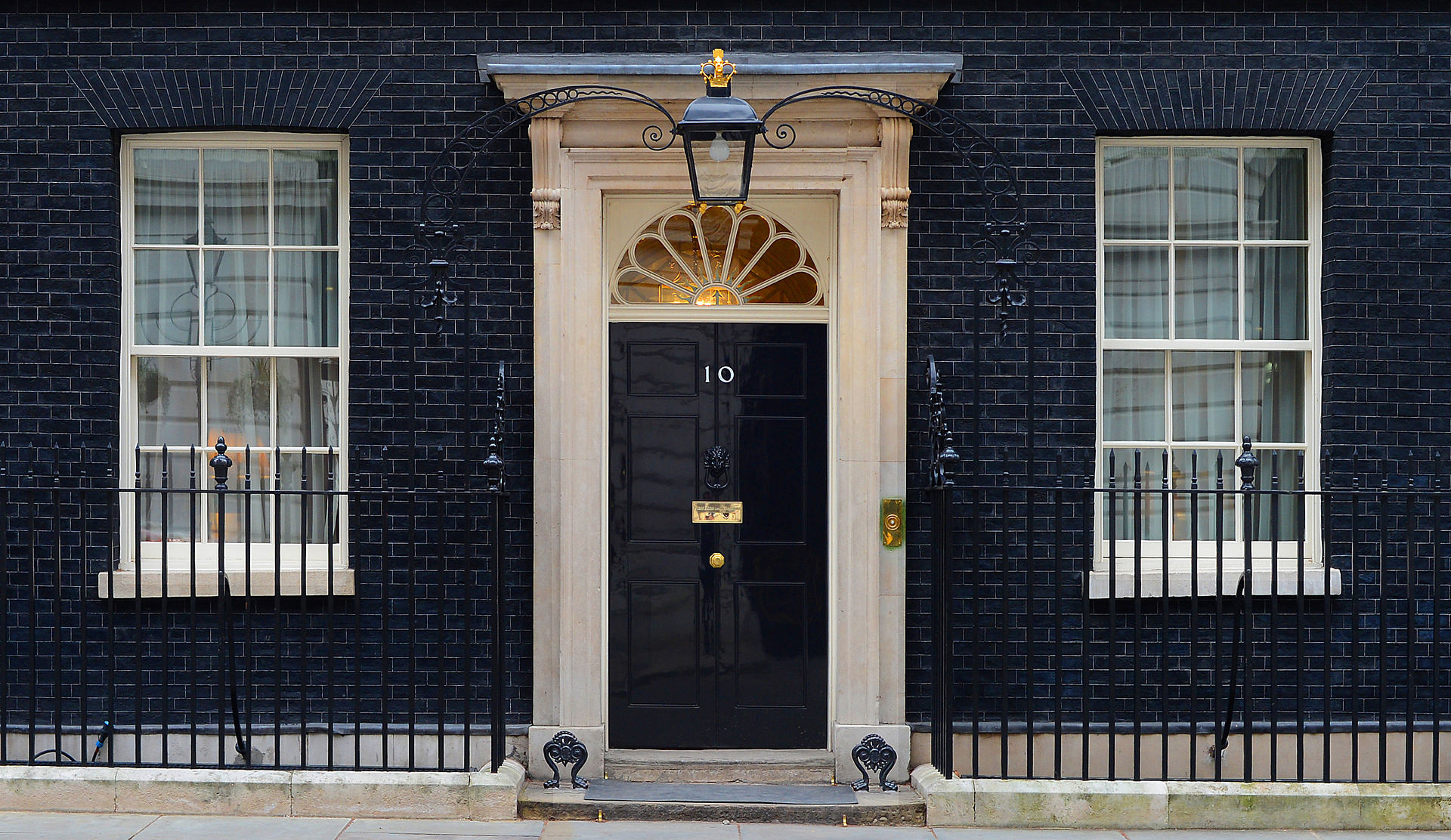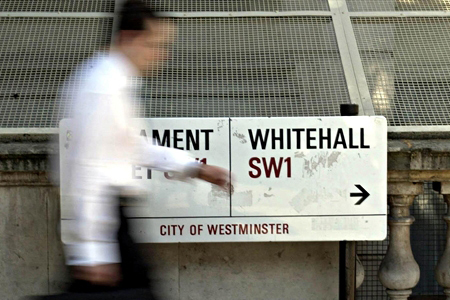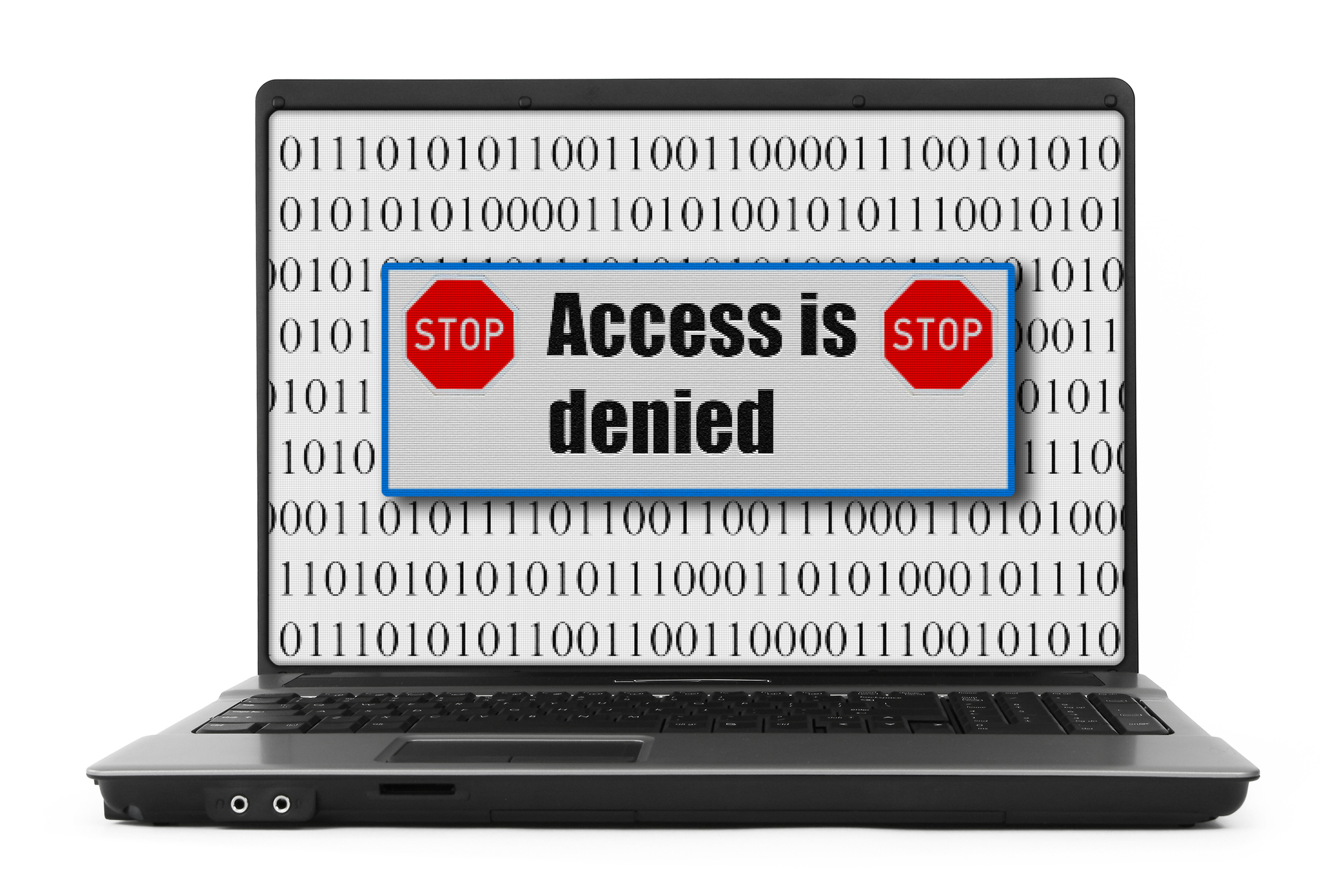ISPs forced to keep user data at £48 million cost
E-mail details, website visits and internet calls will all be stored by ISPs for use in ‘public and national security’ from today.

An EU directive forcing ISPs to keep internet data on customers for one year officially comes into force in the UK.
The start date of the EU directive was three weeks ago, but today the UK government officially implements the legislation.
The directive means that all ISPs will have to hold data that determines communications between individuals, but is not supposed to store the content of emails and websites.
Keeping the data has meant extra costs of 48 million to ISPs, which the government has agreed to cover, the Home Office confirmed to IT PRO.
In a statement, the Home Office said that the government's priority was to protect public and national safety.
It said: "Communications data is the where and when of communication and plays a vital part in a wide range of criminal investigations, and prevention of terrorists attacks as well as contributing to public safety more generally.
"Without communications data resolving crimes such as the Rhys Jones murder would be very difficult if not impossible."
Sign up today and you will receive a free copy of our Future Focus 2025 report - the leading guidance on AI, cybersecurity and other IT challenges as per 700+ senior executives
Any access to communications data was governed by the Regulation of Investigatory Powers Act 2000 (RIPA), the Home Office claimed.
This was supposed to ensure that effective safeguards were in place, and that data was only accessed when it was necessary and proportionate to do so.
The EU Data Retention Directive has passed by without much fuss.
However, opposition to moves by the government to extend the legislation to social networks has been much more fierce, especially when it concerns moves towards a so-called Big Brother database'.
-
 How the UK public sector could benefit from strategic channel partnerships
How the UK public sector could benefit from strategic channel partnershipsIndustry Insights Is the channel the answer to the growing cost vs budget problem facing the public sector?
-
 Microsoft wants to replace C and C++ with Rust by 2030
Microsoft wants to replace C and C++ with Rust by 2030News Windows won’t be rewritten in Rust using AI, according to a senior Microsoft engineer, but the company still has bold plans for embracing the popular programming language
-
 Internet providers look to ease cost of living crisis with cheaper broadband
Internet providers look to ease cost of living crisis with cheaper broadbandNews Social tariffs could get slashed to help poorest in society
-
 Ohio lawmakers look to outlaw municipal broadband
Ohio lawmakers look to outlaw municipal broadbandNews If passed, Ohio would be the first state in a decade to enact such a law
-
 Semiconductor shortage hits ISPs hard
Semiconductor shortage hits ISPs hardNews Router vendors ask broadband providers to order a year ahead
-
 Government tackles terrorism with reporting button
Government tackles terrorism with reporting buttonNews The government is pressuring ISPs to filter searches and adding a reporting button
-
 BBC says ISPs should cut off pirate connections
BBC says ISPs should cut off pirate connectionsNews BBC Worldwide thinks those who repeatedly infringe copyright should not have an internet connection at all
-
 US authorities to probe Netflix ISP streaming issues
US authorities to probe Netflix ISP streaming issuesNews FCC to scrutinise US ISPs speed problems
-
 Leaked Government letter to ISPs calls for urgent action over child internet safety
Leaked Government letter to ISPs calls for urgent action over child internet safetyNews Government letter sets out areas Prime Minister wants ISPs to address in internet safety fight.
-
 ISPs to rollout default porn blocks by 2014, reveals MP
ISPs to rollout default porn blocks by 2014, reveals MPNews Internet service providers will need to provide switched-on parental filters as standard.